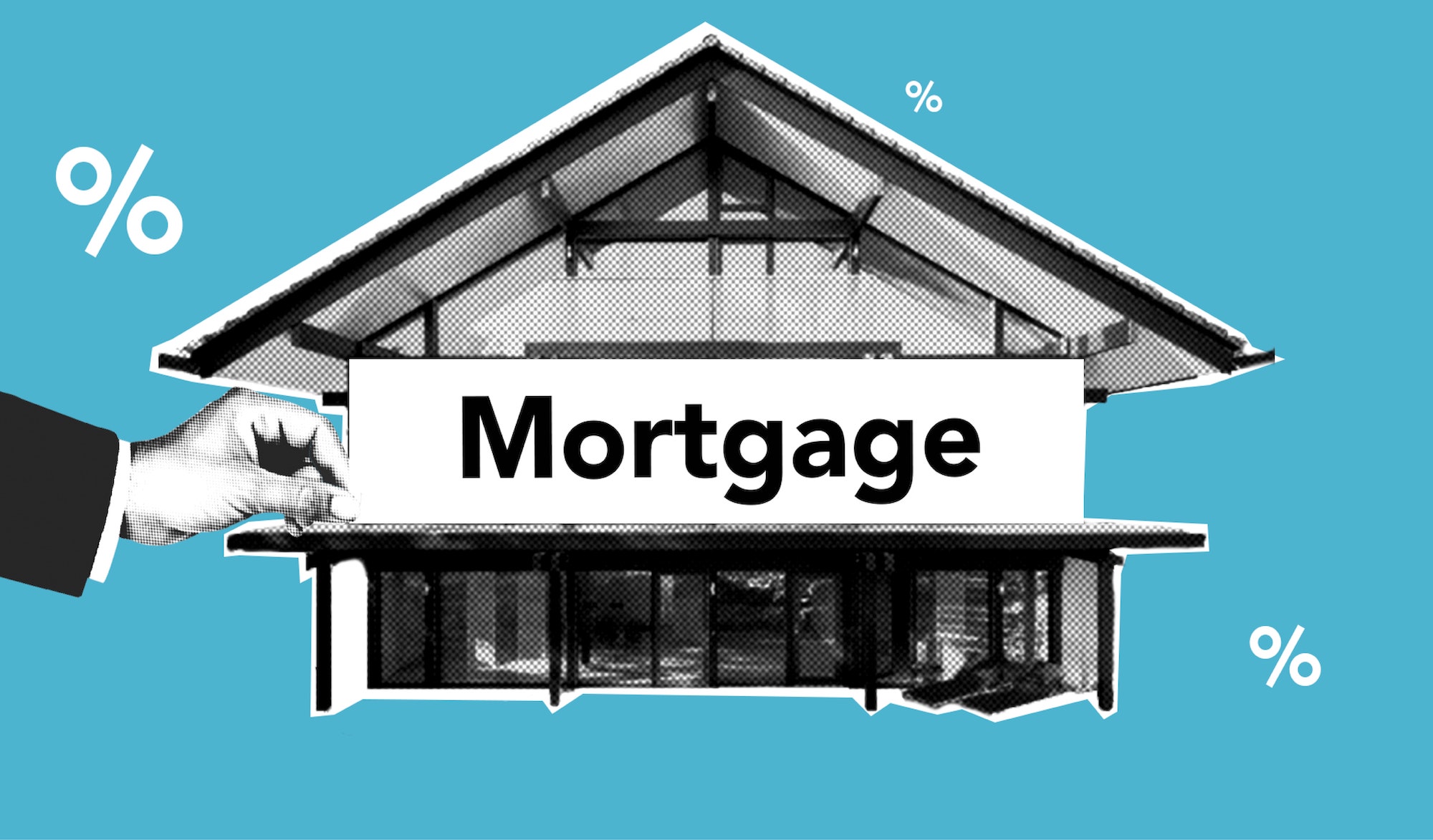Bank account fraud has reached its highest level for more than three years, new research from Experian has found
The credit reporting company said that its analysis of data from the National Fraud Prevention Service uncovered an “alarming surge” in fraudulent activity targeting both British businesses and consumers.
The fraud rate for current accounts rose by 13% in the second quarter of the year compared to the previous quarter. The number of bank account fraud cases was also up 24% when compared to the same period of 2020.
Confirmed fraudulent openings for savings accounts rose by 170% - the fraud rate now being three times the rate in the previous quarter and five times when compared to the same quarter last year.
Loan fraud rates jumped by 40% during the same period, its highest reported level in the past three years, and up 63% on the same period last year.
First-party fraud related to loans - where an individual gives false information or misrepresents their identity to access a product on more favourable terms - also rose by 18%.
“Fraudsters assume opening a savings or current account is a relatively straight-forward process and then use them to receive and quickly distribute illegally-obtained funds, as well as giving them access to other financial services offered by the bank or building society they’ve selected,” said Eduardo Castro, head of identity and fraud, Experian UK&I. “Both consumers and businesses need to be made aware of the threat that scams pose. Our analysis serves as a warning that fraud prevention should be a priority for all organisations.”
But Experian said that the rise in rates could also be attributed to financial services’ fraud teams using a sophisticated combination of new technologies such as Machine Learning to successfully identify and prevent fraud.
“New technologies are helping firms to flag potentially fraudulent activity right at the beginning of the application and account opening process,” added the Experian executive. “Meanwhile, customers are becoming increasingly comfortable using sophisticated security methods such as physical biometrics and facial recognition, and pin codes sent to mobile devices to verify their identity.”
Latest News
-
Average UK house price surpasses £300k – Halifax
-
Bank of England holds base rate at 3.75%
-
Mortgage Advice Bureau acquires Dashly
-
Bridging loans fall to lowest average completion time in eight years
-
Regulators announce first six firms to join ‘Scale-Up Unit’
-
House prices recover month-on-month in January – Nationwide
Perenna and the long-term fixed mortgage market

Content editor, Dan McGrath, spoke to head of product, proposition and distribution at Perenna, John Davison, to explore the long-term fixed mortgage market, the role that Perenna plays in this sector and the impact of the recent Autumn Budget
The role of the bridging market and technology usage in the industry
Content editor, Dan McGrath, sat down with chief operating officer at Black & White Bridging, Damien Druce, and head of development finance at Empire Global Finance, Pete Williams, to explore the role of the bridging sector, the role of AI across the industry and how the property market has fared in the Labour Government’s first year in office.
NEW BUILD IN FOCUS - NEW EPISODE OF THE MORTGAGE INSIDER PODCAST, OUT NOW

Figures from the National House-Building Council saw Q1 2025 register a 36% increase in new homes built across the UK compared with the same period last year, representing a striking development for the first-time buyer market. But with the higher cost of building, ongoing planning challenges and new and changing regulations, how sustainable is this growth? And what does it mean for brokers?
Does the North-South divide still exist in the UK housing market?

What do the most expensive parts of the country reveal about shifting demand? And why is the Manchester housing market now outperforming many southern counterparts?
In this episode of the Barclays Mortgage Insider Podcast, host Phil Spencer is joined by Lucian Cook, Head of Research at Savills, and Ross Jones, founder of Home Financial and Evolve Commercial Finance, to explore how regional trends are redefining the UK housing, mortgage and buy-to-let markets.
In this episode of the Barclays Mortgage Insider Podcast, host Phil Spencer is joined by Lucian Cook, Head of Research at Savills, and Ross Jones, founder of Home Financial and Evolve Commercial Finance, to explore how regional trends are redefining the UK housing, mortgage and buy-to-let markets.
© 2019 Perspective Publishing Privacy & Cookies










Recent Stories